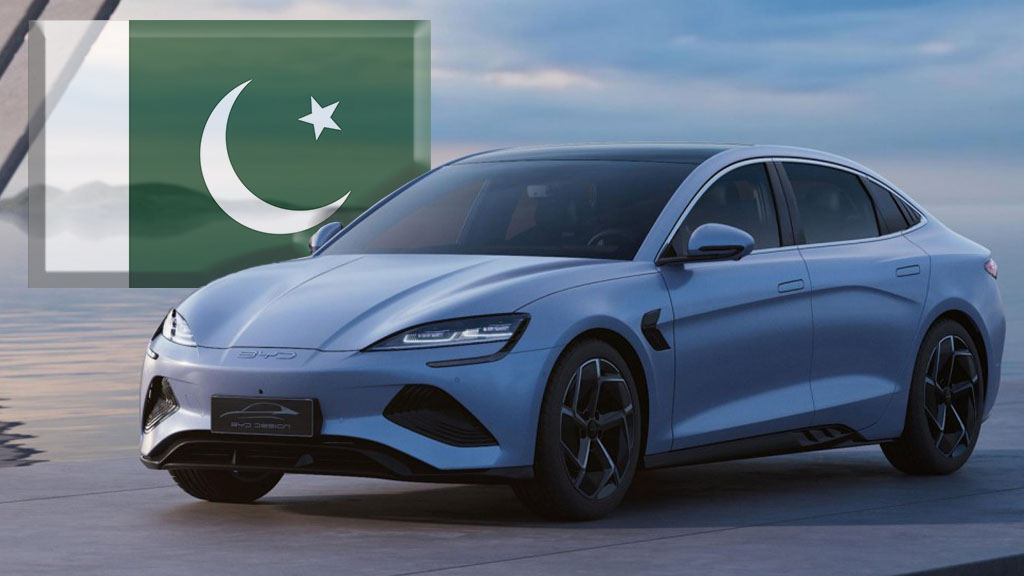BYD Pakistan, a collaboration between China’s BYD and Pakistan’s Mega Motors, has set an ambitious goal to electrify up to 50% of all vehicles sold in Pakistan by 2030, aligning with global sustainability targets.
Last month, BYD, a leading Chinese electric vehicle (EV) manufacturer backed by Warren Buffett, announced its entry into the Pakistani market, marking one of its latest expansions. The company plans to establish an assembly plant by early 2026 and will begin offering vehicles for sale later this year, following the introduction of three new models in August.
Kamran Kamal, BYD’s spokesperson in Pakistan and CEO of Hub Power (which owns Mega Motors), expressed optimism about the future of new energy vehicles (NEVs) in Pakistan. In an interview with Reuters, Kamal stated, “I foresee a transition to new energy vehicles reaching up to 50%.”
The target is notably ambitious given Pakistan’s auto industry, which has traditionally been dominated by Japanese brands like Toyota, Honda, and Suzuki, and has recently seen vehicle sales plummet to a 15-year low. However, South Korean automaker KIA and Chinese brands Changan and MG, which offer hybrid vehicles, have started to gain market share.
BYD Pakistan stands out as the first major player in the new energy vehicle sector within the country. Sales of hybrid electric vehicles in Pakistan have more than doubled over the past year. Although achieving 30% NEV adoption by 2030 seems feasible, reaching the 50% target may be challenging due to existing infrastructure limitations, according to Muhammad Abrar Polani, an auto sector analyst at Arif Habib Limited.
To address these challenges, Kamal highlighted that the government plans to incentivize the development of charging infrastructure. Recent reports indicate that the power ministry has drafted standards for EV charging stations and is considering offering affordable electricity to support their establishment.
BYD Pakistan is collaborating with two oil marketing companies to create a network of charging stations, aiming to set up 20 to 30 stations during the initial phase alongside the rollout of its vehicles. Initially, the company will sell fully assembled vehicles, which incur higher import duties compared to those shipped in parts and assembled locally. Kamal emphasized the company’s focus on introducing locally assembled cars as soon as possible, given the current duty structure challenges.
Kamal also mentioned that BYD Pakistan is in the process of determining the size of its new plant, with further details about the investment and the partnership with power utility HUBCO to be revealed at a later date.


Leave a Comment